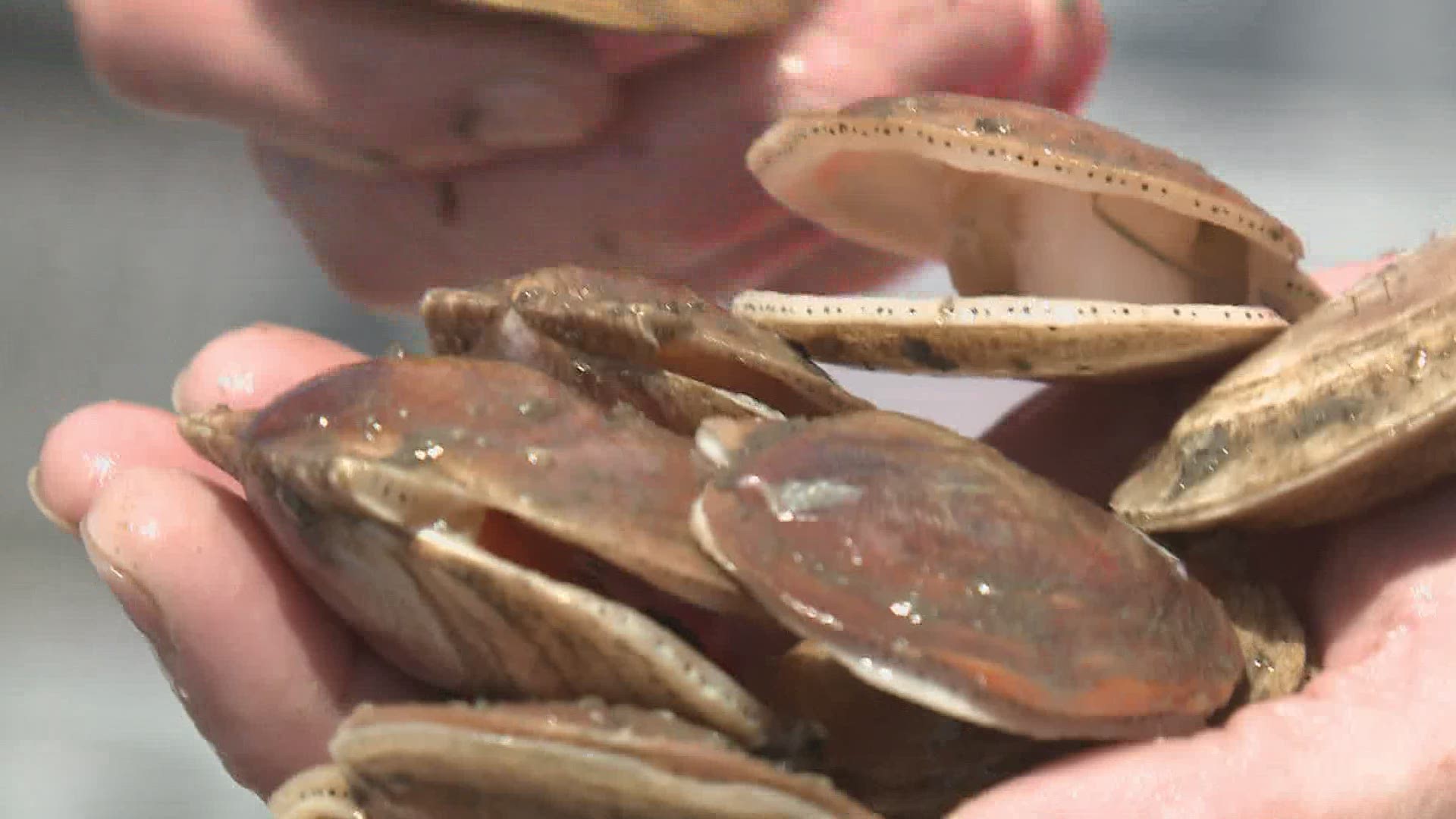PORTLAND, Maine — A new study forecasts Maine’s aquaculture industry will grow, but the state needs more skilled-workers to sustain it.
The Gulf of Maine Research Institute published a report in partnership with the Maine Aquaculture Association and Educate Maine, with support from FocusMaine to identify and plan for the future of aquaculture.
Over 18-months, the team interviewed industry businesses, both established and prospective land-based operations, marine producers, service providers, and supply chain companies. What they collected was sent to a consortium of consultants from Scotland for an objective opinion on Maine aquaculture. Scotland has a developed aquaculture industry, according to Chris Vonderweidt, the aquaculture program manager at GMRI.
"What we set out to do is really understand what the workforce needs are and come up with a forward-thinking strategy for how Maine’s considerable education and training institutions can be used to provide a comprehensive system that meets those needs and helps Maine achieve its aquaculture potential," said Vonderweidt.
Vonderweidt says they found across many sectors that the industry is looking for workers with a skillset in various trades and a basic understanding of aquaculture practices.
“It’s crucial for all of us to understand what workforce development efforts are required to realize the potential for Maine’s coastal economy and working waterfronts — so it’s exciting to be able to provide some of those answers," said Vonderweidt.
The study says Maine's aquaculture industry employs 600 people directly, with more jobs in total production, supply chain, and downstream markets. In ten years the workforce could exceed 1,000 direct employees, and over 2,000 indirectly.
To fill those future positions the report suggests turning to education. It recommends regional hubs at coastal community colleges and career technical education at the Midcoast School of Technology to provide training.
“[It's] interesting to find that the community college system and coastal community colleges and the career technical education high schools are unique and very well-positioned to provide the exact type of training that is in high demand by the industry and they can do this by utilizing existing resources.”
Vonderweidt says the next step is developing those resources to get the programs off the ground and start marketing efforts to funnel new students into the emerging industry. There is an also opportunity to retrain for those looking for a career change on the working waterfront.

